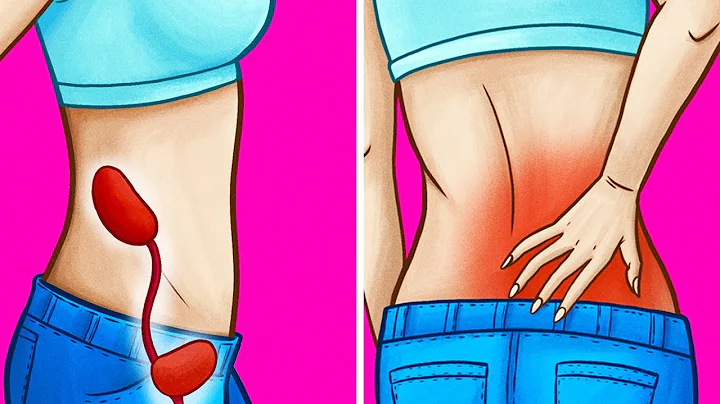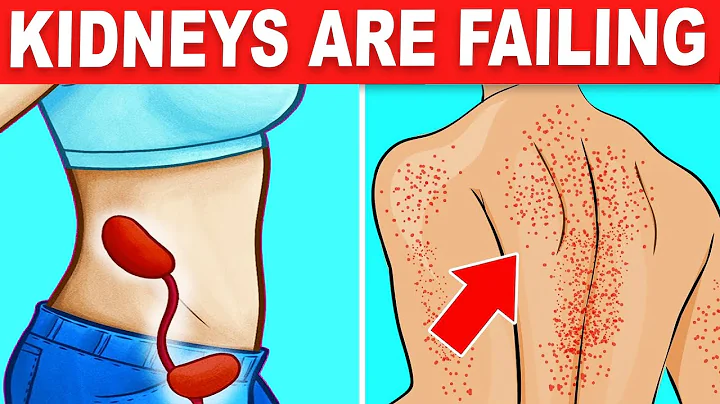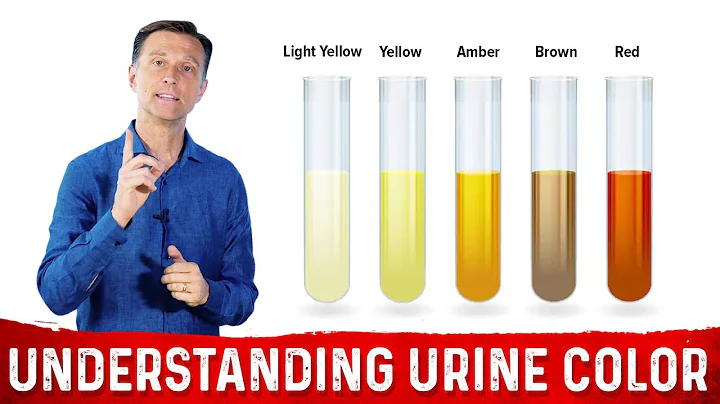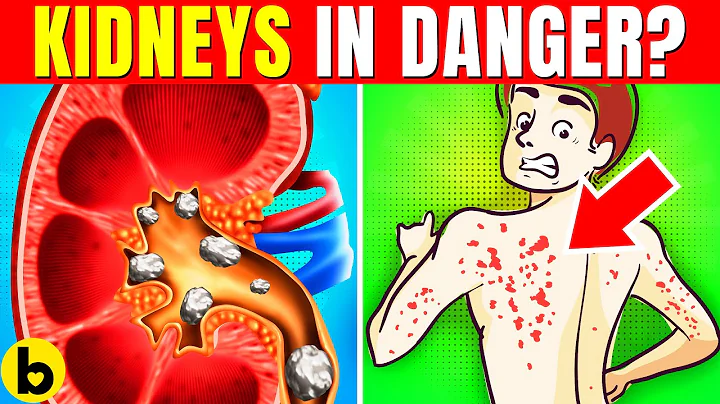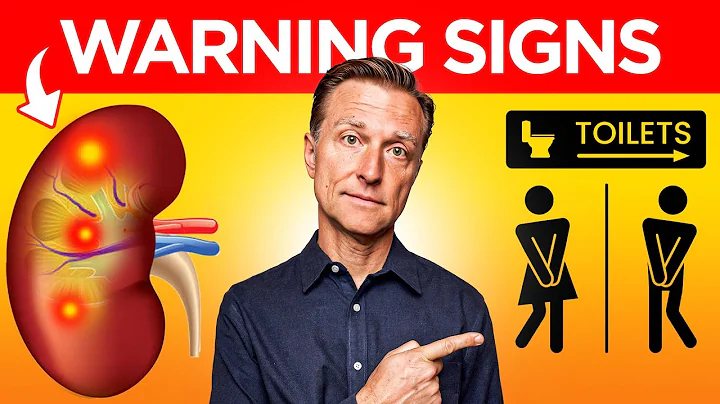

"Oops! Yesterday I found that my urine was very yellow. Even after drinking a lot of water, it was still yellow. Do I have kidney disease?"
"Yellow urine is nothing. One day, I had red urine. I hurriedly hurried I ran to the hospital, thinking it was blood in my urine ! "
" Then I suddenly had a split urine when I woke up in the morning. Am I suffering from prostatitis ? "
" I have to go to the toilet today. If a few drops don't come out of the toilet, is it a urinary tract infection? "...
Yellow urine, red urine, bifurcated urine, and changes in the frequency of urine may indeed be a warning of physical abnormalities, but it is also possible It's not a physical problem, but something to do with what you eat and drink, your strenuous exercise, and your emotional and mental stress.
Below, we will follow Changsha Taihe Hospital to learn how to identify whether these problems are caused by physical causes or other causes.
Take a look at the urine to identify health
1. The color of urine
Urine is produced when blood flows through the kidneys and excretes unnecessary water and waste products from the body.
Its main component is water, which accounts for more than 95% of the total amount of urine. The remaining 5% is composed of trace amounts of inorganic salts, uric acid, urea , pigments and other metabolites.

Urine is colored because some pigments in the body are dissolved in the urine. Normal urine is generally light yellow and clear and transparent.
The color change of urine can indirectly or directly reflect blood or urinary system diseases, but let me tell you in advance, This has nothing to do with detoxification.
Colorless and transparent urine
Colorless and transparent urine will appear when the human body takes in more water.

If the urine is often colorless and transparent, you should pay attention. This may be a sign of diabetes , chronic interstitial nephritis , diabetes insipid .
Urine turns yellow
When we drink less water, the concentration of urine becomes higher, the proportion of pigment in the urine increases, and the color becomes darker.
In addition, the intake of some foods or drugs can also cause yellow urine, such as eating carrots, pumpkin, vitamin C, etc., which will be metabolized through the urine and cause the urine to turn yellow. Once you stop taking it , and then disappear.
However, yellow urine does not really mean that there is inflammation in the body, let alone a renal abnormality.
If the urine is extremely yellow and the skin on the body is also very yellow,the first thing to consider is that there may be a problem with the liver, not the kidney.

Urine turns red
Compared with yellow urine, a puddle of red urine makes people's feet tremble, and they instantly wonder if they are seriously ill and have hematuria.
Don’t panic, let’s see which situation you belong to:
If you eat certain foods rich in betalains (such as red dragon fruit, beets , red amaranth , etc.), your urine will turn red. Case.
Because betalains are water-soluble pigments, they can dye urine red.
Although watermelons and tomatoes are also red, the pigment inside is lycopene, which will not make urine red.
Taking some anti-tuberculosis drugs and anti-inflammatory drugs may also cause red urine.
You don’t need to be nervous about red urine caused by this kind of situation. As long as you don’t eat these foods or medicines, the urine will gradually turn into a normal color.
In addition, strenuous exercise may also cause the urine to turn red.
People are prone to rhabdomyolysis during strenuous exercise. A large amount of myoglobin is released, which can cause the urine to become dark and red, or even soy sauce in color.

After excluding the above situations, if the urine is red, it usually means there is blood or hemoglobin in the urine.
There are many causes, including nephritis , urinary tract stones, infection, tumors or blood diseases, etc. In this case, you should go to the hospital for relevant examinations as soon as possible .
Urine turns white
White urine, also known as chyluria , is caused by fatty emulsion entering the urine, like milk, sometimes mixed with white clots or blood.
People may experience white urine when they are tired or eat high-fat foods.
In addition, filariasis , tuberculosis , tumors, chest and abdominal trauma or major surgery can also cause white urine.

2. The smell of urine
Speaking of the smell of urine, everyone wants to pinch their nose after thinking about it, but in fact, normal freshly baked urine does not have a "smell" smell. It only occurs after the urine has been left for a period of time. , the bacteria in the urine grow and decompose urea, releasing ammonia, which causes an unpleasant smell.
If these odors appear in fresh urine, it may be related to the disease.
Urine with a pungent ammonia smell
is also the smell of farts, which may be chronic cystitis or chronic urinary retention and other kidney diseases.
Fruity urine
When blood sugar levels are too high, an acidic substance called "ketone" will be formed, which will emit a sweet fruity smell, so fruity urine that smells like apple may be related to diabetic ketones. If the disease is related, you should check your blood sugar in time.
Urine with rancid smell

is more common in cystitis or suppurative pyelonephritis. If there is an obvious stench, it may be a bacterial infection.
In addition, the smell of urine has a lot to do with diet. For example, after eating asparagus, the smell of rotten eggs is produced by the metabolism of sulfur amino acids; if you eat too much garlic, garlic moss, leeks, onions, etc., your urine may also There will be a sulfur smell, etc.
But these tastes are temporary, and the urine will return to normal after digestion is completed.

3. Foam appears in urine
When the urine is discharged, some foam will be formed due to impact. Under normal circumstances, the number of such foams is very small and the size is large, and will disappear soon . This is a normal phenomenon.
If there are a lot of bubbles in your urine, which are very small and do not disappear for a long time, it is likely to be proteinuria, indicating a kidney problem.
4. Urinary bifurcation
Urinary bifurcation is divided into two categories. One is occasional urinary bifurcation, which is physiological urinary bifurcation ; the other is long-term urinary bifurcation, which is pathological urinary bifurcation. Fork .

Physiological urine bifurcation
Normal urine has no bifurcation.
bifurcation occurs occasionally, but it does not happen often. Most of them are not related to diseases, so there is no need to worry.
For example, if urine accumulates in the bladder overnight, and the bladder contracts strongly during urination, it will cause urine bifurcation.
When men wake up in the morning or after ejaculation, the congestion in the corpus cavernosum has not completely disappeared, which can also lead to poor urinary flow.
Pathological urinary bifurcation
If urinary bifurcation occurs frequently, you should be careful, as it may be related to the disease.
For example, during acute urethritis and prostatitis, urethral congestion, swelling, and increased secretions can also affect the smooth flow of urine and cause bifurcation.If you have long-term urinary bifurcation, you need to go to the hospital for further examination!
5. Amount and frequency of urination
Many people have never counted how many times they have sex in a day, right?
Not to mention paying attention to how much urine you produce.
The number of times an adult urinates in a day is about 3 to 7 times. The normal amount of urine in a day is 1000~2000ml, which is about the amount of 3~4 bottles of mineral water.

Urine output
Generally speaking, urine output of less than 400 ml in 24 hours is called oliguria, and urine output of less than 100 ml in 24 hours is called anuria. It is almost impossible for healthy and normal people to occur. Once it occurs, it is mostly acute renal failure caused.
Although we know that less urine is not a good thing, having more urine does not necessarily mean it is good.
When an adult's urine output exceeds 3000 ml in 24 hours, it is called polyuria. Apart from tinkering with watering, it may be caused by endocrine diseases such as diabetes or diabetes insipidus.
Someone may ask again, "It's not wrong to drink more water, it can help detoxification!".

It is not entirely correct to say that drinking more water and urinating more can detoxify.
Most of the toxins eliminated in urine are hydrophilic toxins, such as urea nitrogen and creatinine . As long as the urine output is within the normal range, it is enough to excrete these metabolic wastes. However, deliberately drinking a lot of water will make it worse. Metabolic burden on the kidneys and body.
Frequency of urination
If you urinate 7 times during the day and 2 times at night within a period of time, it can be regarded as frequent urination.
However, there are many reasons for increased urination, which does not necessarily mean there is something wrong with the body.
The frequency of urination increases due to lower room temperature, mental stress, and eating diuretic foods (such as watermelon, coffee, cola, etc.). These are normal phenomena of increased frequency of urination, and there is no need to worry.

If the frequency of urination increases and symptoms such as dry mouth , polyphagia, and weight loss appear, you should be alert to diabetes.
If frequent urination is accompanied by urgency, painful urination, and reduced urine output each time, it may be cystitis, urethritis, or prostatitis.
In addition, patients with chronic renal failure show increased frequency and urine output at night due to reduced concentrating function.
Okay, that’s all for today. I hope that after you urinate, remember to take a look at the color of urine, smell the smell of urine, and probably count yourself a day. number of urinations.
If you find something strange, you can check and recall whether it is due to the influence of your recent diet or your own physical changes. If it is accompanied by other discomforts, go to the hospital for examination as soon as possible.
(Editor Rainbow. Picture source network, infringement and deletion)
Hunan Medical Chat special author: Changsha Taihe Hospital Laboratory Department Tao Yifan
Follow @Hunan Medical Chat to get more health science information!


